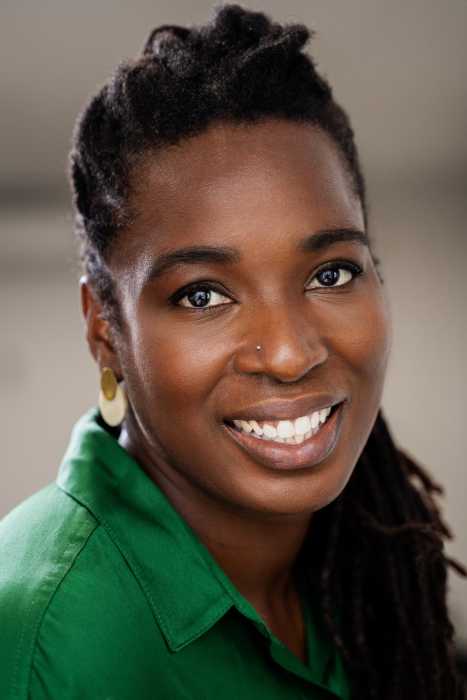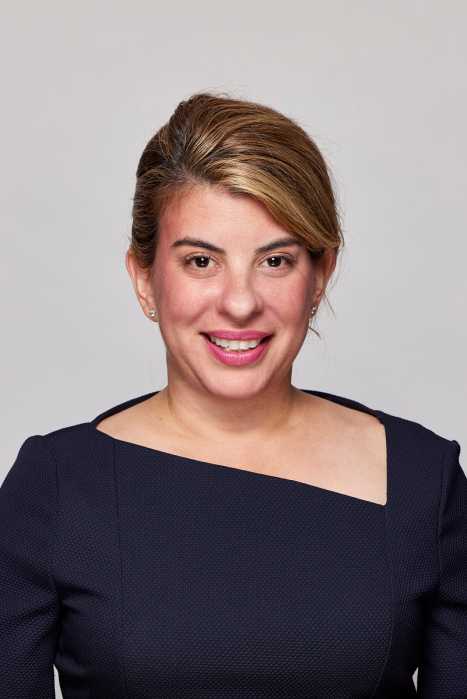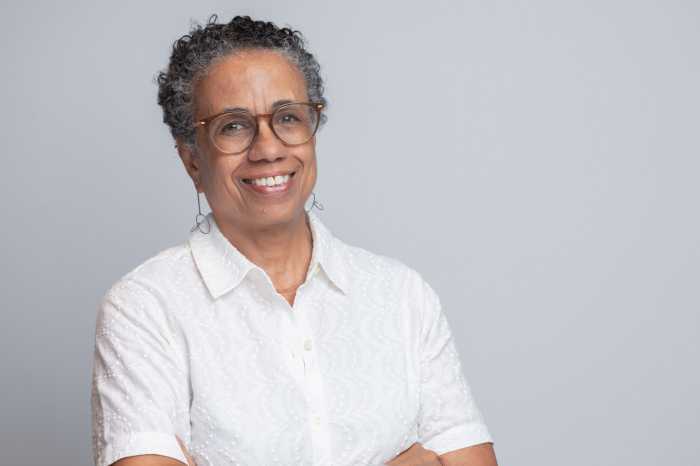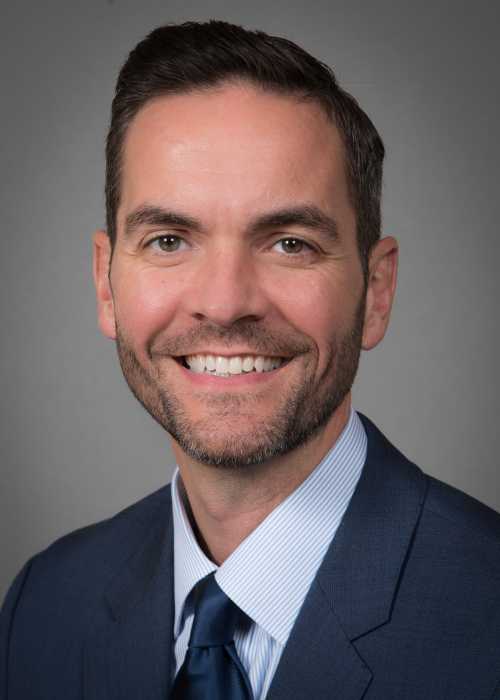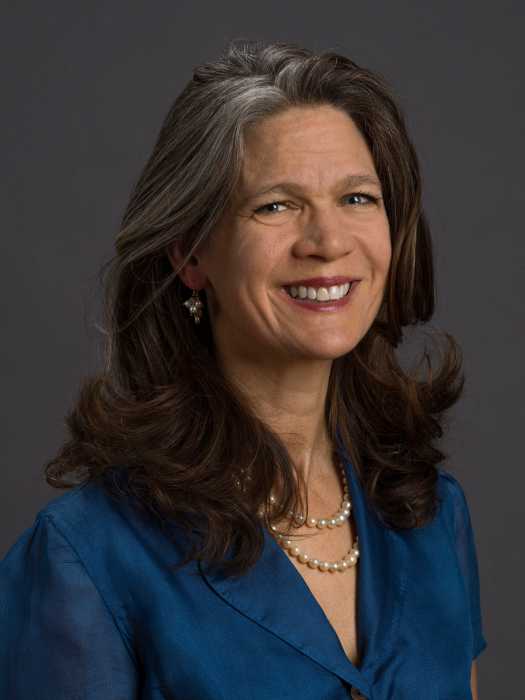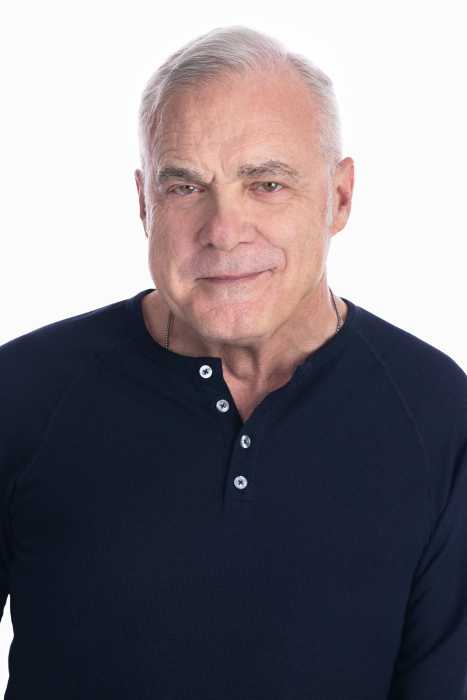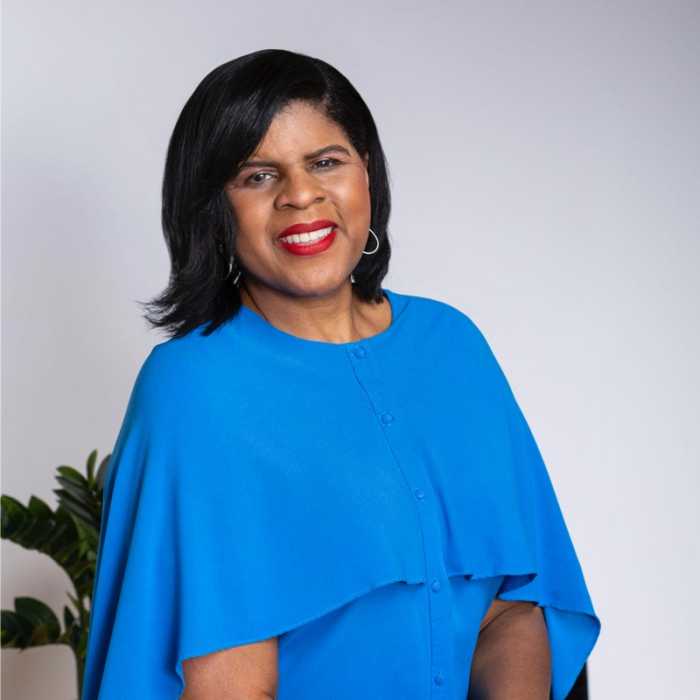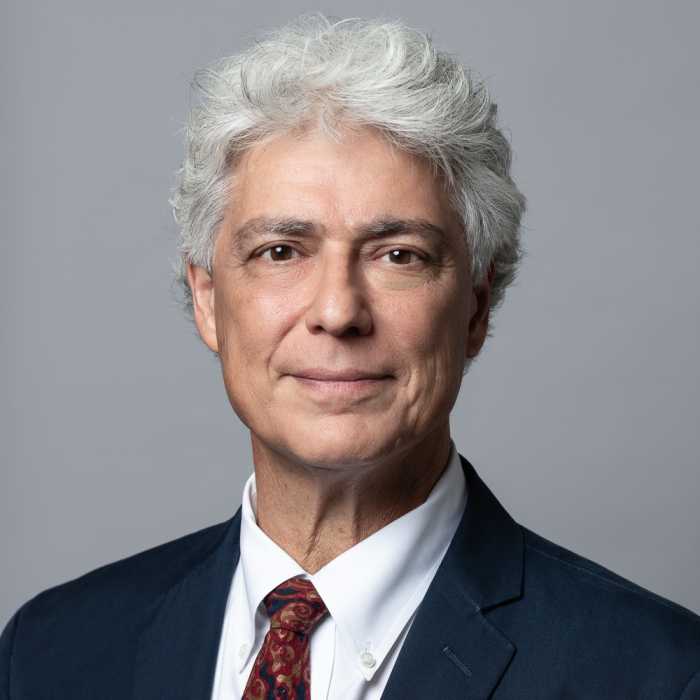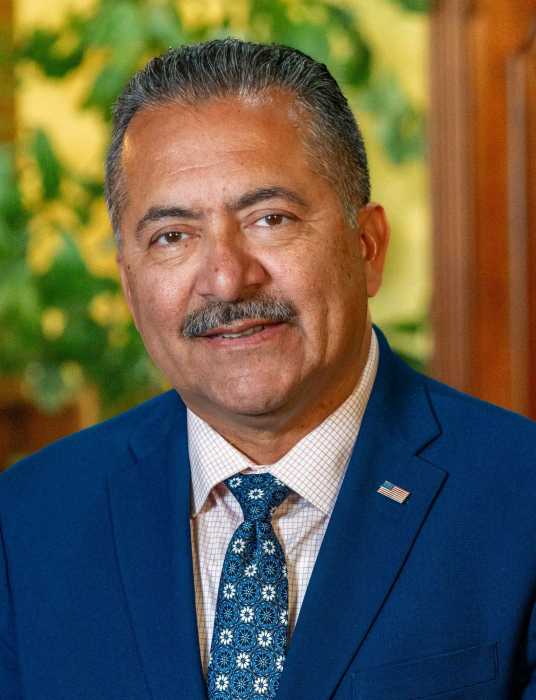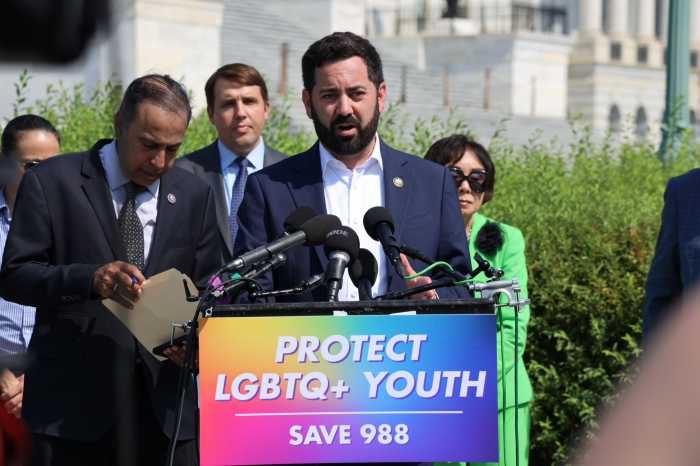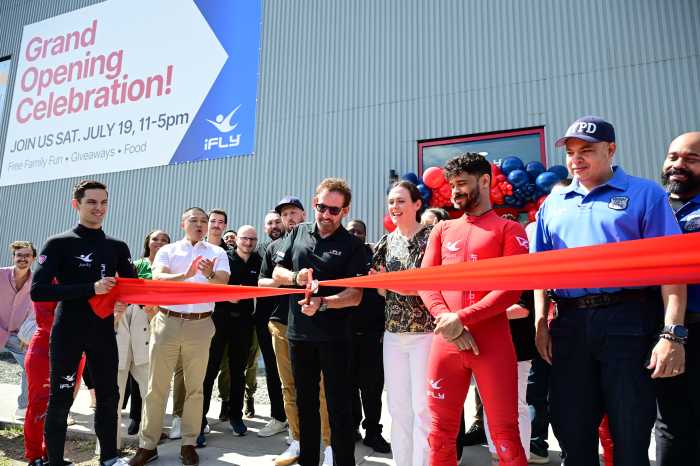Dr. Ajayi is a board-certified family medicine physician and CEO of Cityblock, a value-based health care provider for Medicaid and dually eligible beneficiaries. Previously, she was chief medical officer of Commonwealth Care Alliance, an integrated health plan and care delivery system for Medicare and Medicaid beneficiaries. Dr. Ajayi serves on the board of directors of Evolent Health and is a co-founder of Coalition Partners, and in 2023 was named to TIME100 Next and STATUS Lists.
What influenced you to pursue a career in the health care field?
I grew up in Kenya during the AIDS epidemic and became very sensitive to the impact of health care disparities on specific communities. I learned that not all communities have consistent access to high-quality health care, and wanted to do my part in providing holistic, sustainable health care for those who face structural barriers to care.
What is the biggest challenge currently facing New York’s health care system?
We have an access and accessibility issue around high-quality, integrated, and community-oriented primary and behavioral health care, particularly for marginalized communities. We have an opportunity to invest even more in delivering trust-based and comprehensive care that was designed for and with the needs of this population in mind. At Cityblock, we’re working to ensure that proven health interventions, including those that address social drivers of health, are provided to those who need them the most.
How do you describe your position to people outside of the health care industry?I’m working with an amazing group of people who are striving to disrupt the health care industry. We’re working to help those who, due to a myriad of reasons, are marginalized and left behind by the current health system. Our value-based care model is set up to reach these communities and support them with the social, physical, or behavioral issues that negatively impact their health.
What can policymakers do to ensure equitable access to quality health care?
I think we need to continue to push for more honest and accountable conversations about health disparities. With a shared understanding of our collective obligation to ensure equitable health outcomes across our entire population, we can push for bolder policies that will explicitly address quality, access and the experience of care for marginalized populations.


